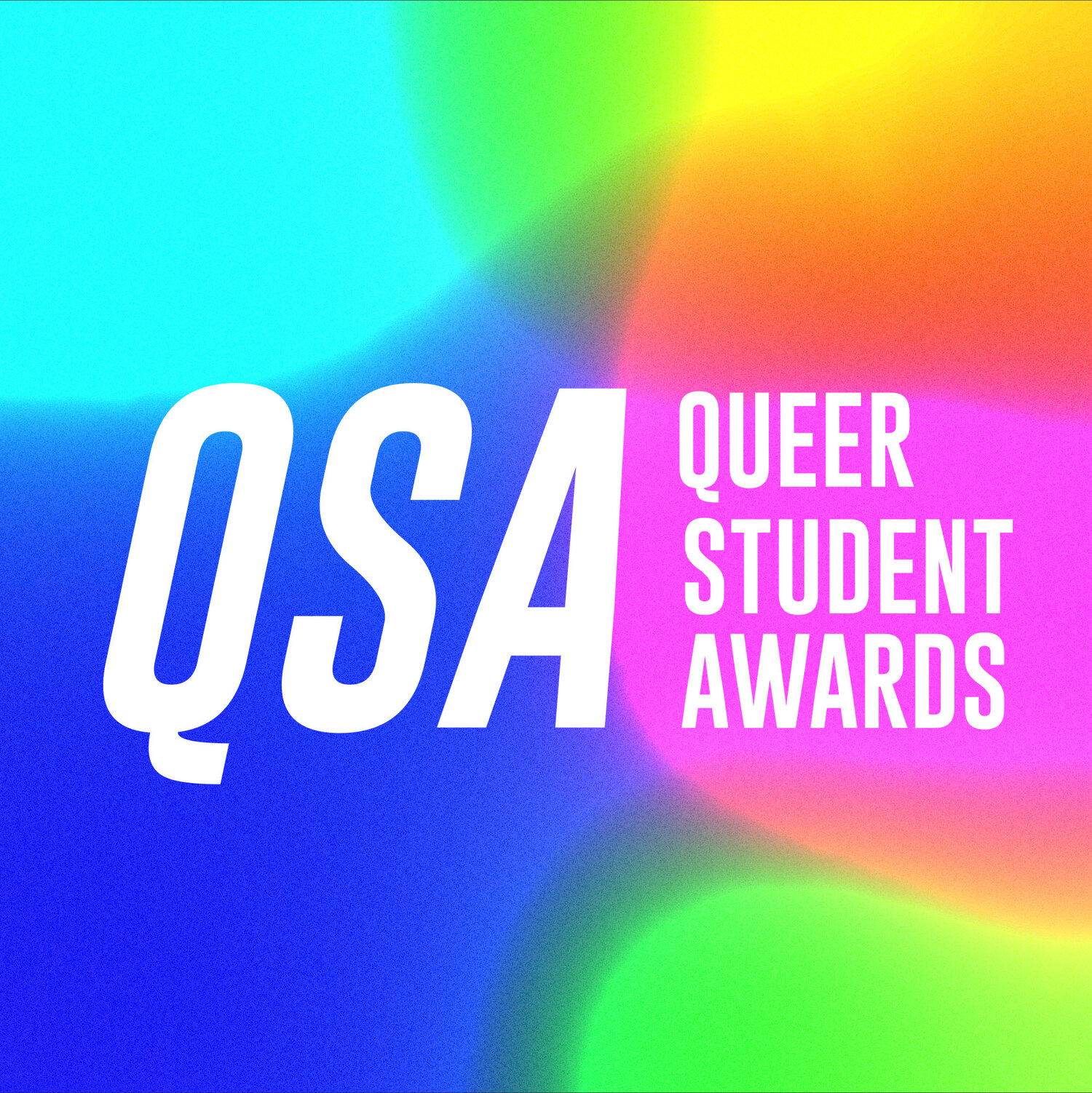Seeing things Queerly
Now is the time to embrace the way our young people identify with themselves and each other, and to start seeing things more ‘queerly’.
The word ‘Queer’ is being reclaimed by many young people to express themselves, as the LGBTQ+ community increasingly draws upon a kaleidoscope of characters – diverse worlds of pop culture, film, activism and academia – all with inclusion at the heart of the stories told about them. Queer culture is exploring how we came to view sex, gender and sexuality in the ways that we do, and how culture can shift our perspective of what’s ‘normal’. Research by Ditch The Label (2017) has found that more than half of 13-26 year olds in UK and US do not identify with being ‘straight’.
However, in today’s workplace a new report from The Unmistakables (2021) has found that 51% of people fear using the word ‘Queer’ and 30% avoid talking about sexuality altogether.
Queer talent and early careers
There are lots of reasons to support young people who identify with belonging to the LGBTQ+ community. Here are just a few of them:
82% believe representation is tokenistic
Research shared by Gay Times & Kamarama (2020) found the majority of the LGBTQ+ community feel their community is under-represented by brands, with 84% calling for more from them and 32% interested in seeing more engagement outside of the Pride season.
74% have seen ‘little or no’ positive LGBTQ+ messaging
The same report from Just Like Us found that what young LGBTQ+ see around them is rarely positive.
2021 ‘deadliest in history’ for non-binary and transgender folks
Reports shared on Transgender Day of Remembrance (Nov 20) shared the names of 376 transgender folks who have lost their lives globally due to attacks against them for simply being who they are.
HBT bullying is still a very REAL issue
Our charity partner Diversity Role Models’ 2020 report found that only 27% of young LGBTQ+ people do not ‘feel safe’ to come out. Their biggest fear factor was suffering homophobic, biphobic and transphobic bullying (HBT) as a result of sharing their sexuality publicly. Just Like Us (2021) have shared further insights with 42% of young LGBTQ+ people having been bullied in the last 12 months - twice as likely as non-LGBTQ+ young people. They also shared that 18% don’t talk about being bullied at school, with only 33% mentioning clear systems being in place in school for them to report bullying.
Twice as likely to feel lonely and worry daily
Just Like Us (2021) also found that the mental health and wellbeing of young LGBT+ people has been negatively affected by the pandemic, and that ethnicity plays a part in these feelings being experienced more frequently amongst them - those with Black heritage were more likely than their White peers to feel anxious and experience loneliness.
69% of young LGBTQ+ people do not think the workplace is fair
The Early Careers Inclusion Report published during National Inclusion Week 2021, by The Branding Man and Not Going To Uni, found that young LGBTQ+ people were more confident in talking about their backgrounds with their employer than their heterosexual peers. However, they were less confident that the workplace is fair, free of discrimination, provides equal opportunities and led by trustworthy business leaders.
Discrimination and harassment is happening within the LGBTQ+ community
A third of respondents (33%) to the new report from UK Black Pride had experienced discrimination or harassment in an LGBTQI+ space due to their race or ethnic origin.
